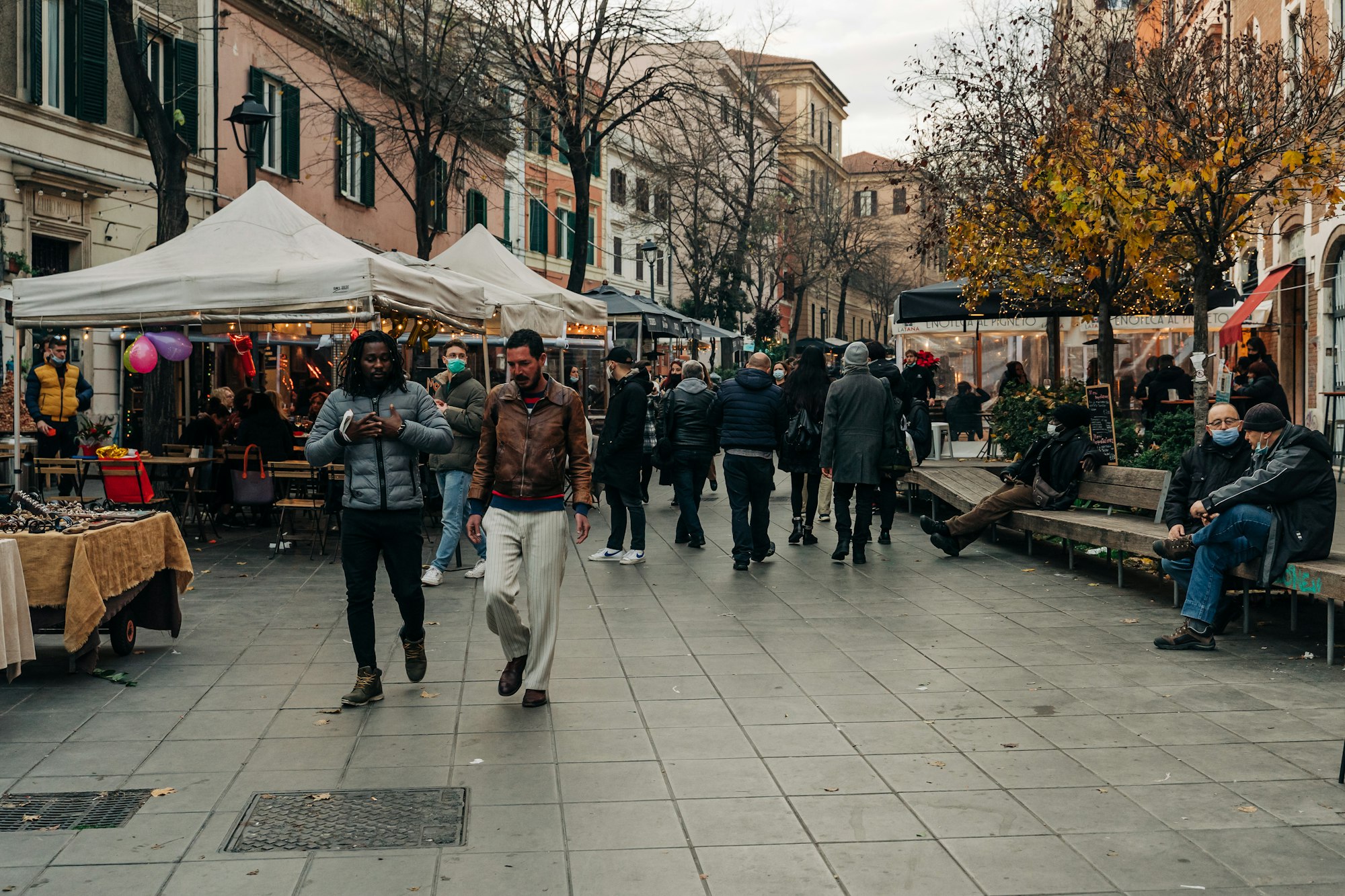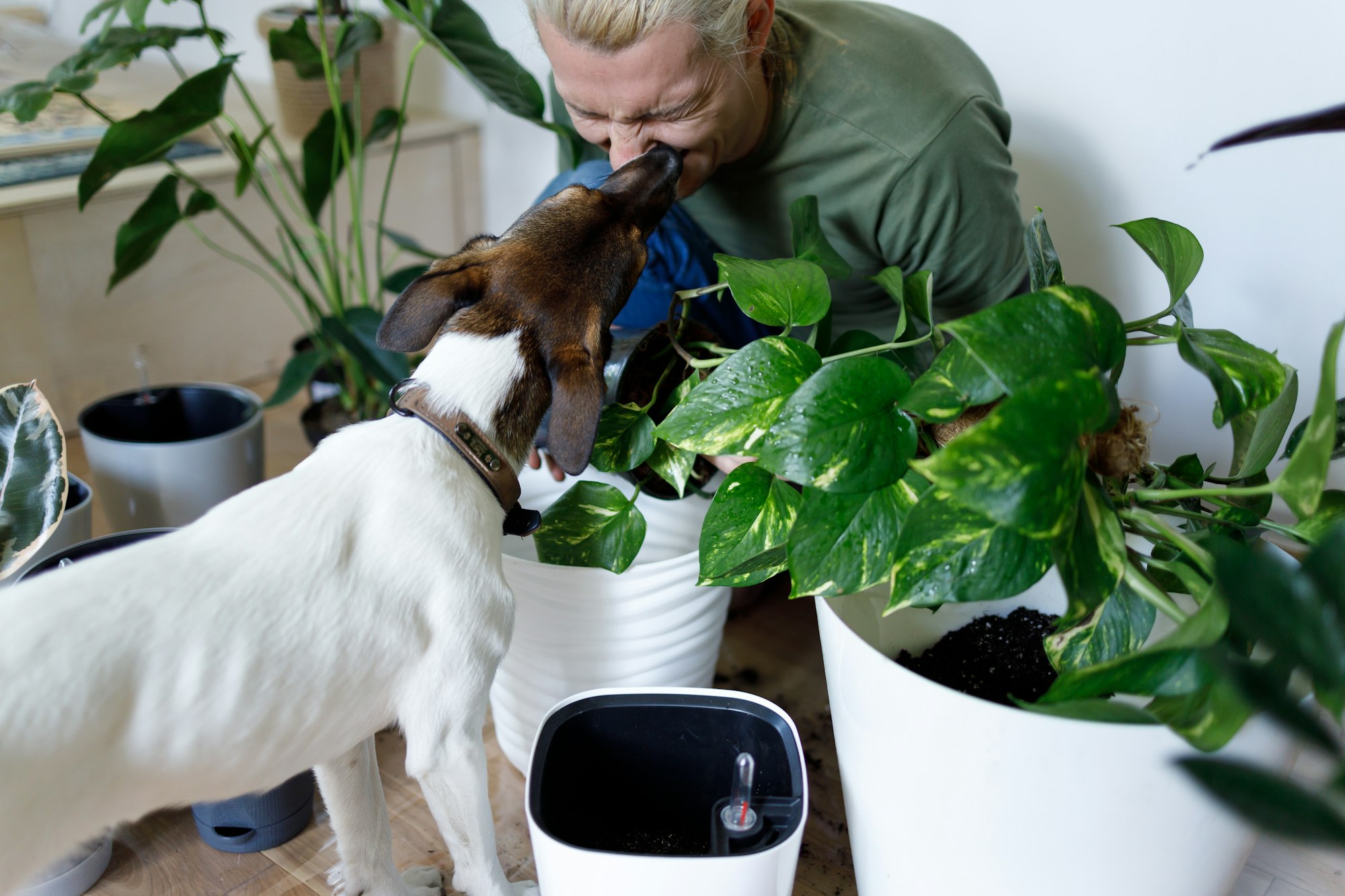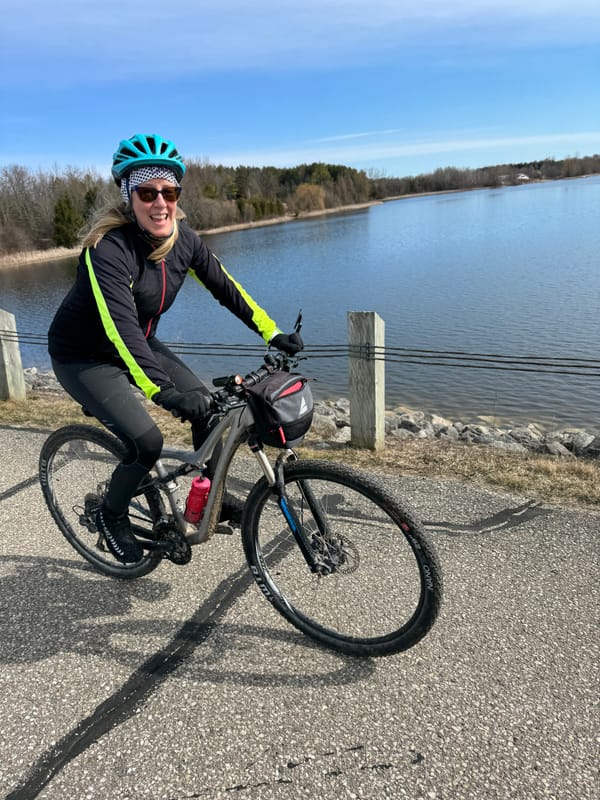Social Isolation

For single and married adults alike, social isolation and loneliness can have a detrimental effect on heart and brain health. The risk of social isolation increases with age when older adults are more likely to experience the loss of a life partner or less social engagement due to working from home or retirement.
People who are isolated or feel lonely may be less likely to stay physically active, be more sedentary and consume fewer fruits and vegetables. Studies have found a link between isolation and a greater likelihood of smoking – another substantial risk factor for heart disease and stroke. The World Health Organization notes that social isolation is being recognised as a priority public health problem and policy issue for older people while the American Heart Association has compared the effects of isolation to smoking 15 cigarettes per day. The AHA has also noted the correlation between isolation and mental health issues.
Our urban environments play a role in human isolation as well. Built for efficiency of transportation rather than social engagement, we see complex neighbourhood designs that favour backyards to front, grocery stores and other retail that must be driven to, endless sidewalks without seating or trees, a decline of family sporting or entertainment venues within walking distance and, once older adults can no longer drive, they must leave their familiar neighbourhoods to regain independence and find the ability to ‘do life’ within walking distance or along transit lines. Rural environments can be even more limiting.

When creating new neighbourhoods, many municipalities in several countries are constructing 15-minute neighbourhoods, a concept that sees residents able to access most daily needs by walking or biking no more than 15 minutes from home. Re-thinking living environments to consider multigenerational housing and secondary accommodations, as so many municipalities are now doing, is a step in the right direction. Municipalities should also consider accessibility when approving new builds so that items like stepless entry take precedence over porch communities which would allow those with disabilities or older adults to have unfettered ingress and egress, removing a barrier to accessing their neighbourhoods. This would be appreciated by anyone with small children or arms full of groceries as well.
Fitness programs, recreational activities, and interventions to address negative thinking have shown promise in helping to reduce feelings of isolation and loneliness among older adults. On a micro level, developing a personal habit of keeping a gratitude journal is a positive step that reminds us of our blessings. Social engagement, physical activity, and a healthy diet are also foundational in helping to prevent dementia and cognitive impairment. Think of community gardens, social service clubs or walking groups that have multiple benefits in terms of combatting isolation but also showing support for others, making them a win-win.

Studies have shown that having a pet, or even visiting with a virtual pet, can combat the effects of isolation. Another breathing being that enjoys engagement with their human in the form of talking, cuddling and the responsibility of making sure they are cared for makes us get up off the couch multiple times each day. A dog that needs walking means exercise for the human as well and often results in a quick chat here and there with neighbours.
Combating social isolation in this busy world is a multifaceted problem however it is solvable. Talking with municipalities about creating more engaging neighbourhoods and public spaces (perhaps by creating conversation nooks in communal areas), looking up from our phones to greet those around us, choosing a cashier instead of a self-checkout, volunteering to work with shut-ins and considering how our approach to others affects them are a few solutions to be mindful of in 2023. Within our own families, making a habit of connecting with our loved ones regularly, even if only virtually, has positive effects for everyone. After three years of enforced isolation, we can all benefit from stretching our social muscles again and scoring intentional health benefits for ourselves and those we love.
Contact: Karen L Brown, renostudios.com
Hashtags: #socialisolation #mentalhealth #loneliness #socialengagement #isolation #health #heartdisease #stroke #builtenvironment #positivity #proactivity
- Resources supporting the efficacy of approach
https://www.cdc.gov/aging/publications/features/lonely-older-adults.html




